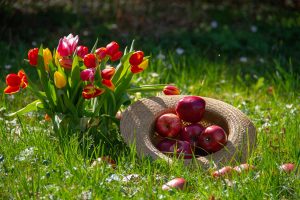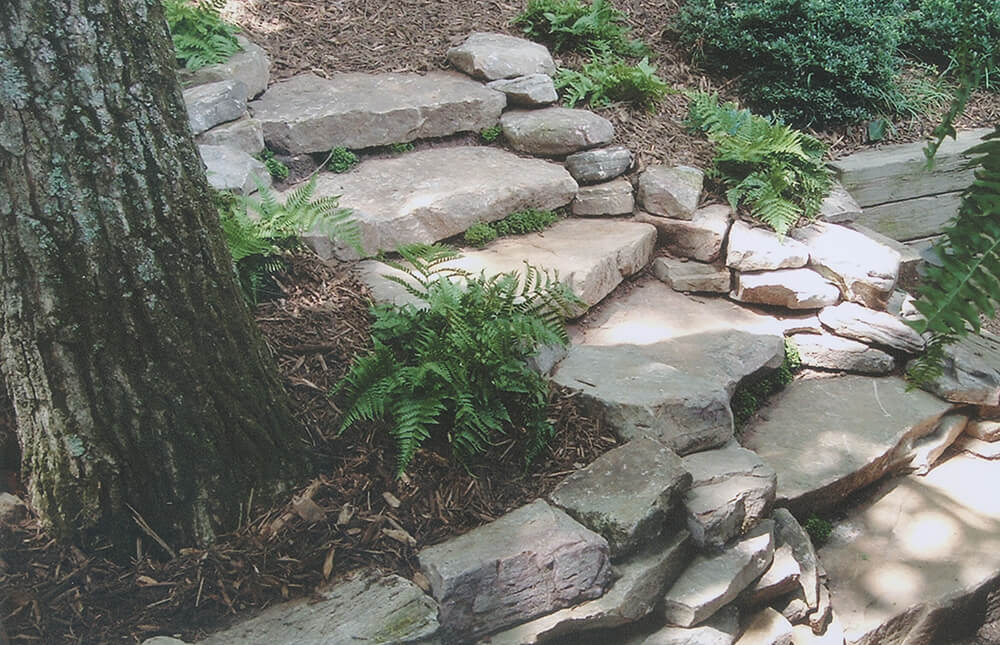 Mulch is a commonly used landscaping material that can enhance the beauty of your yard. But did you know that the benefits of mulch extend beyond just surface appearances? Keep reading to learn what mulch is, how it can help your landscaping, and the best types of mulch for North Georgia.
Mulch is a commonly used landscaping material that can enhance the beauty of your yard. But did you know that the benefits of mulch extend beyond just surface appearances? Keep reading to learn what mulch is, how it can help your landscaping, and the best types of mulch for North Georgia.
Benefits of Mulch
Mulch reduces the growth of weeds.
Weeding is usually at the top of people’s lists for “Most Annoying Outdoor Chore,” but you can substantially slow down the growth of weeds by mulching your garden. Applying a layer of mulch (usually 3-4” deep) on top of exposed soil effectively smothers weed seeds, preventing them from getting enough light and air to germinate. Even if seeds do blow into your garden, the layer of mulch provides a barrier between the weed and the soil. Any weeds that manage to spring up should be easy to remove because their roots will extend very shallowly into the soil.
Mulch conserves water.
Water is one of our most precious resources here in North Georgia, so we love helping our customers create smart landscapes that use water efficiently. Mulch is part of a water-smart landscape because it traps moisture in the soil, slowing evaporation. That means more water for your plants to drink, less waste, and a lower water bill. It also blocks the wind from drying out the soil faster.
Mulch is cool.
We mean that literally! Mulch provides insulation for the soil, which is especially important during our hot Georgia summers. Reducing heat stress on your plants goes a long way towards keeping your summer landscaping looking great.
What Type of Mulch Should You Use?
There are many materials that can be used as mulch, and each one has its own benefits and drawbacks. The best mulch to use depends on the climate and environment where you live, so there’s no one-size-fits-all answer.
Here in North Georgia, pine straw and pine bark are the most commonly used types of mulch. They are great options because they’re typically affordable, and they make your landscaping look very natural in the midst of Georgia’s pine forests.
Composted wood chips are also popular and can be found in various colors to coordinate with your home. (Don’t use fresh woodchips, which will leach nitrogen from the soil and can harm your plants.)
There are also a few types of mulch that are not recommended for most applications in our area:
- Gravel/pebbles/rocks get too hot. Your plants are probably already working hard to survive the summer, so adding rocks that absorb the sun and retain heat is not a good idea.
- Peat moss is not appropriate mulch either. While it is very absorbent, once it dries it repels water, which can kill your plants. It’s also antimicrobial, which is not desirable if you’re trying to garden organically.
- As we mentioned, fresh woodchips aren’t good for your garden. Instead, allow them to weather for 6 months to a year before using them.
If you’re buying mulch for your home or need help planning and installing your landscaping, give us a call at 770-893-1254!



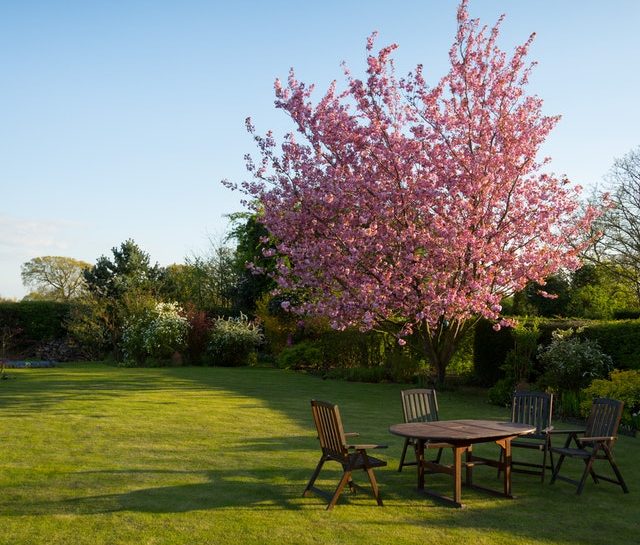 We obviously love plants here at Whispering Springs Nursery; after all, we not only grow and sell all sorts of
We obviously love plants here at Whispering Springs Nursery; after all, we not only grow and sell all sorts of 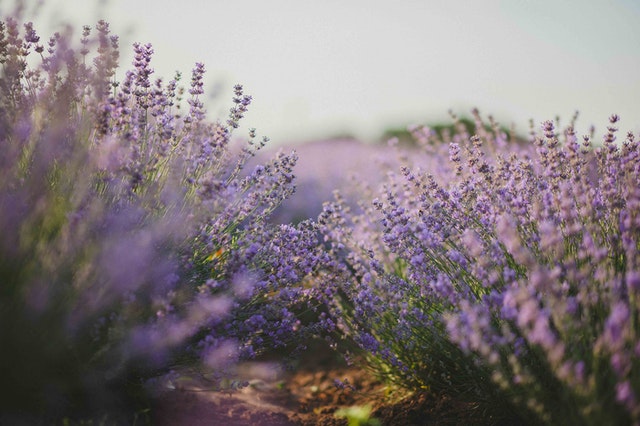 Nothing can ruin a beautiful evening on your porch or patio more than being swarmed by mosquitoes, gnats, or flies. These pesky insects can make it hard to enjoy your outdoor living spaces, but the solution may be easier than you think. No, you don’t need to drench your yard in pesticides or abandon outdoor relaxation altogether; you just need to add some
Nothing can ruin a beautiful evening on your porch or patio more than being swarmed by mosquitoes, gnats, or flies. These pesky insects can make it hard to enjoy your outdoor living spaces, but the solution may be easier than you think. No, you don’t need to drench your yard in pesticides or abandon outdoor relaxation altogether; you just need to add some 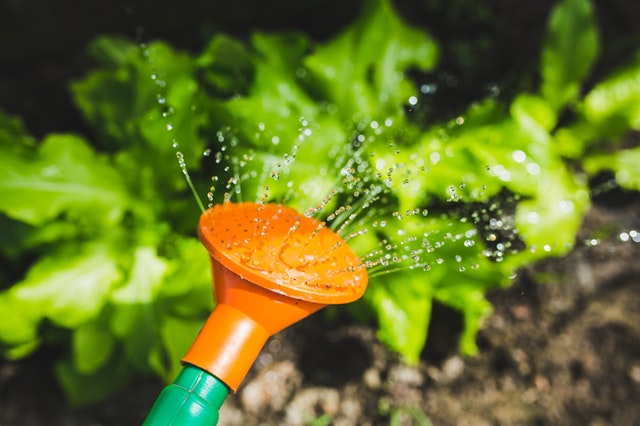 We’ve already had some sweltering days this summer, and it’s not even the hottest month of the year! (That would be July, if you’re wondering.) It’s one of the most challenging times to keep your landscaping lush and healthy, but we’ve got some water saving tips that can help. Keep reading to learn
We’ve already had some sweltering days this summer, and it’s not even the hottest month of the year! (That would be July, if you’re wondering.) It’s one of the most challenging times to keep your landscaping lush and healthy, but we’ve got some water saving tips that can help. Keep reading to learn 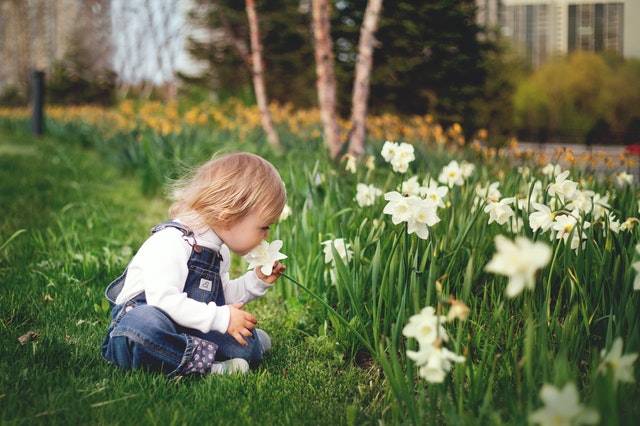 If you love to garden, sharing that passion with the kids in your life can make an already great hobby that much more rewarding. In some studies, gardening has been shown to
If you love to garden, sharing that passion with the kids in your life can make an already great hobby that much more rewarding. In some studies, gardening has been shown to 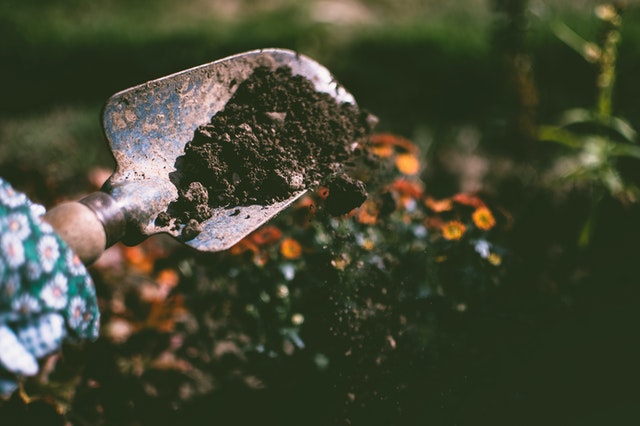 Since we’re all spending so much time at home these days, many folks are taking the opportunity to work on their
Since we’re all spending so much time at home these days, many folks are taking the opportunity to work on their 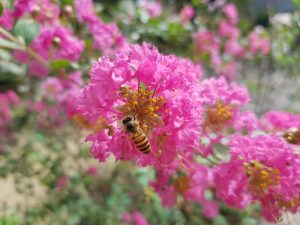
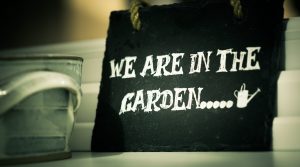 Spring has sprung, and the first official day of summer is weeks away. You’ve likely been busy in your garden since March, but the work isn’t done yet. For many, it’s just beginning. But don’t worry – your hard work to
Spring has sprung, and the first official day of summer is weeks away. You’ve likely been busy in your garden since March, but the work isn’t done yet. For many, it’s just beginning. But don’t worry – your hard work to 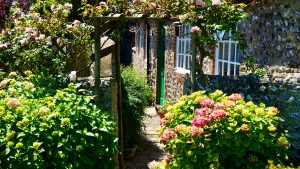 The random bouts of cold weather have officially subsided, and the warm weather has finally arrived. Spring and summer are two of the best seasons of the year because it’s backyard season!
The random bouts of cold weather have officially subsided, and the warm weather has finally arrived. Spring and summer are two of the best seasons of the year because it’s backyard season!